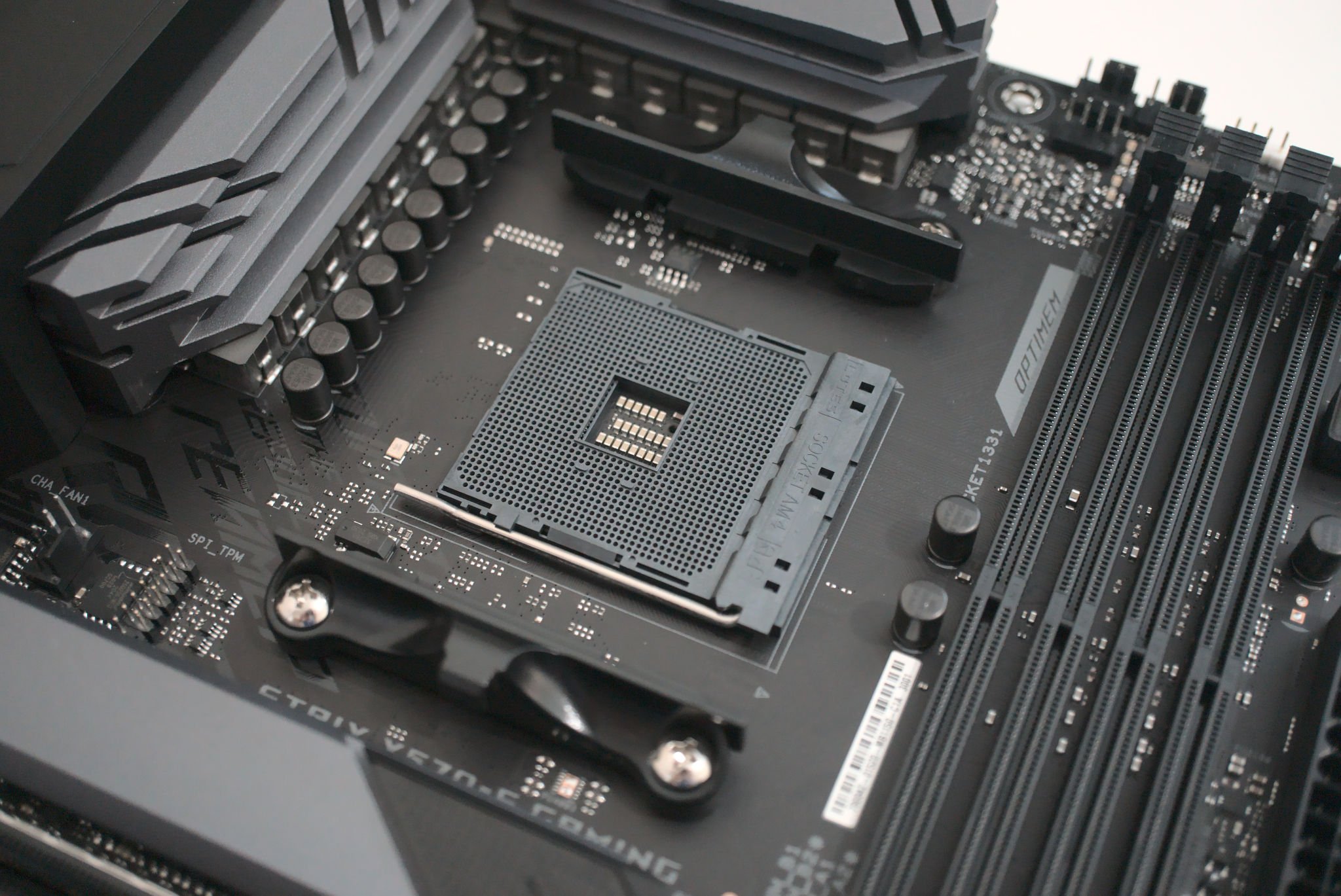The tiniest chips have sparked the biggest race.
What you need to know
- The global semiconductor shortage has many nations on high alert.
- The U.S. government has plans to subsidize domestic chip manufacturing efforts.
- China, South Korea, and the EU are all looking to increase output as well.
Another day, another update on the (soon to be) years-spanning semiconductor crisis in the making. Major countries ranging from the United States to China have all announced efforts to boost chipmaking output and prevent future semiconductor shortages. Now South Korea has chimed in on the matter.
South Korean President Moon Jae-in stated that domestic businesses in the nation will invest "more than 510 trillion won over the next decade," with the government supporting said efforts via tax incentives and subsidies (via CNBC). This is all part of the South Korean government's "K-semiconductor Strategy."
South Korea's not alone in efforts to go big on the chipmaking front. China is working toward becoming as technologically self-sufficient and independent as it's ever been, a mission spurred by the United States' numerous sanctions on its technology companies. And speaking of the U.S., it's also boosting its semiconductor strategy via domestic businesses such as Intel expanding operations and President Biden fighting for government assistance to kick into high gear.
The EU is also optimistic about its chipmaking future, though recent talks with the likes of TSMC reportedly haven't gone so well.
While it remains to be seen what these global efforts will lead to when it comes to shortening the crisis' timeline, there's no doubt that that, at least in the planning department, the big players are going all-in on blueprinting an end to semiconductor scarcity.

No comments: